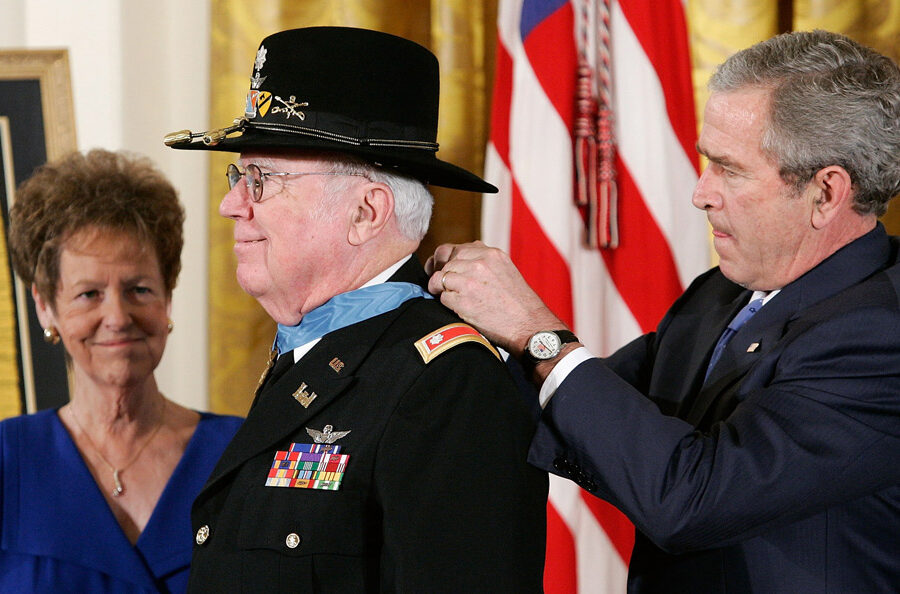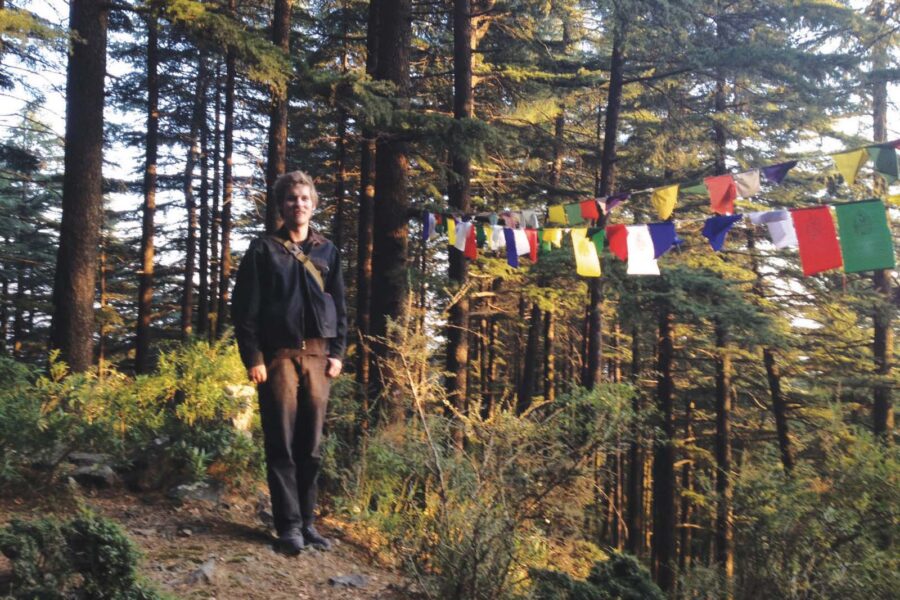When I started my position as a librarian in early 2020, I didn’t know much about the history of Antioch University. But over the last two-and-a-half years, as I have been welcomed into our university’s community, I have discovered an incredible maze of stories, experiences, resonances, and connections, both personal and professional, that tie me to Antioch. It seems like the deeper I dig, the more concomitance I encounter. And never was that more true than when I visited Antioch University’s archives last April.
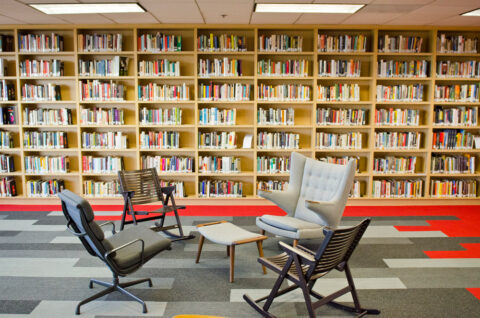
Because of my background in archives—in library school I specialized in Media Archives—I was excited to visit the campus in Yellow Springs and take stock of Antioch’s various special collections and archival materials. I wanted to visit the Antiochiana archives, currently held by the independent entity today known as Antioch College. And I also planned to scout the archival materials at the campus building that previously headquartered Antioch Midwest and now anchors Antioch Online as well as holding the offices of the Chancellor.
My plan was to apply my training and take some preliminary steps to make Antioch’s collections more accessible. What I did not expect was to emerge from that week with a feeling of kismet at work—a feeling that I had found Antioch and Antioch had found me. There in the archives, I realized that, on some deeper level, I am an Antiochian at heart.
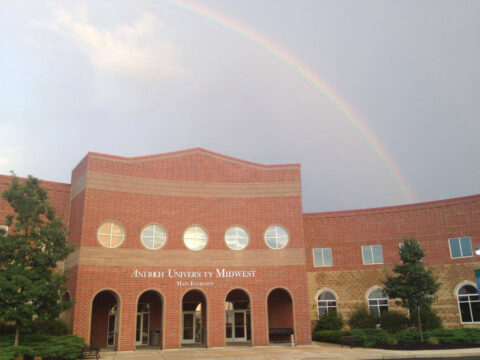
An example: as a librarian and archivist, I have long held a deep interest in the field of Media Studies and, more particularly, in the niche field of early video technology and magnetic media. So, when I first came across the name “Center for Understanding Media” among a list of active Antioch programs from 1972, I had to know more. As I looked deeper into the program, I began to recognize that elusive rush of excitement and curiosity that I’ve occasionally felt doing archival research in the past. I learned that this program was led by the “father of media literacy education,” John Culkin. Furthermore, I discovered that in the late ‘70s the program had been transferred to The New School, where it became the School of Media Studies—one of the most renowned Media Studies programs in the world.
The connections didn’t stop there. I found that Antioch had a hand in making a periodical named Radical Software. During my graduate coursework in Moving Image Preservation, I became deeply fascinated with Radical Software and its associated community of early “guerilla television” artists, activists, and academics. I even wrote a lengthy research paper about the magazine, which I submitted as a key part of my graduate portfolio. So I was floored to discover that an entire issue of Radical Software focusing on the role of video in education had been put together by the Center for Understanding Media—at that time an Antioch program.
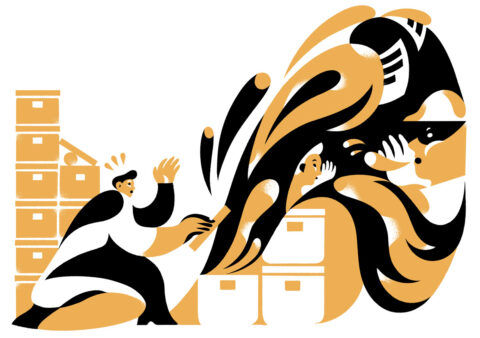
I lost myself in the archives, cataloging old files from the President’s Office and organizing pamphlets from long-shuttered programs and campuses. It was entrancing work, and it felt full of connections to my long-held personal and academic interests. Since that time, I continue to notice these connections in my daily work. When I attend meetings of our newly-formed faculty union, I think of the George Meany Center for Labor Studies, the first and only institution of higher education dedicated to training labor leaders. When I meet with students in our education program currently teaching in Los Angeles Public Schools, I think of Juarez-Lincoln University in Texas, an Antioch center that was the first graduate school dedicated to training bi-lingual educators with a focus on migrant communities. And last week, as I presented with a colleague at the National Association for Media Literacy Education Conference, I thought proudly of my connection with John M. Culkin, the founder of the field of Media Literacy Education—and a fellow Antiochian.

